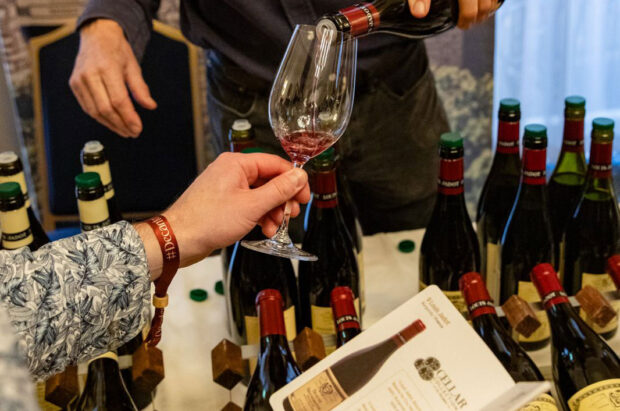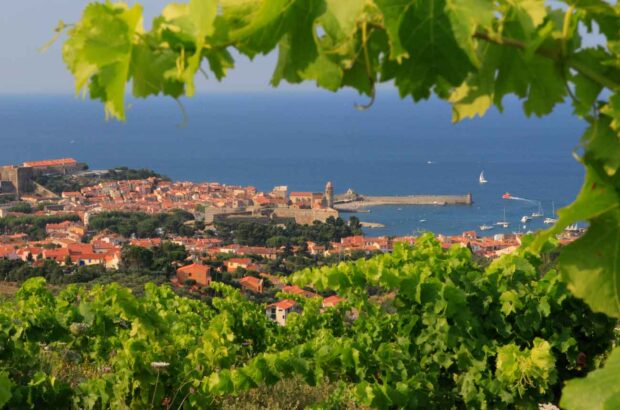New Zealand's Osawa Wines has successfully defended its 'Flying Mouton' wine brand against a complaint by Chateau Mouton Rothschild in the country.
Mouton Rothschild’s owner, Baron Philippe de Rothschild, had accused Osawa of potentially deceiving wine drinkers by infringing on its trademark. But, the complaint has been rejected by New Zealand’s intellectual property office.
Mark Lim, general manager at Osawa, told Decanter.com that he feels ‘total relief’ after a two-and-a-half year tussle with the Bordeaux wine giant.
‘This dark cloud that has been hanging over us has finally been lifted,’ Lim said. ‘When you know from the beginning that you’re going up against such a large company, our first reaction was: do we have the strength – emotionally, physically and financially – to go all the way?’
Osawa, which counts Japan as its major export market, claims that the word ‘Mouton’ is intended to be a translation of the word ‘sheep’ from French.
‘We have always maintained that we did not set out to infringe on Rothschild’s trademark,’ Lim said. ‘That is why on every back label of our Flying Mouton wine, we specially mentioned that Mouton refers to sheep.’
The origins of Mouton Rothschild’s name are ambiguous, although some believe it may emanate from the French ‘motte’, denoting a small hill or mound. The Bordeaux chateau gained its present name in 1853, after it was acquired by Baron Nathaniel de Rothschild.
Written by Chris Mercer







